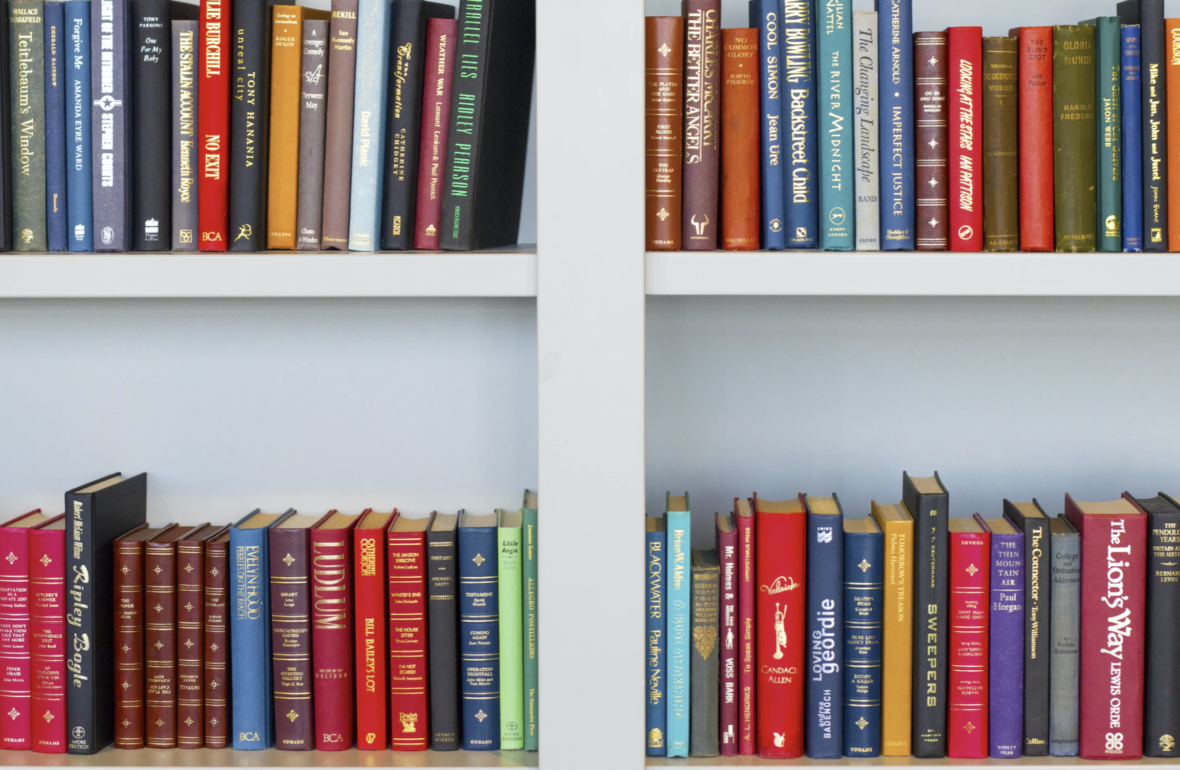
I’d like to skip the now-clichéd “UGH 2020 WHADDA YEAR AMIRIGHT” bull if that’s ok with you all and just say (this will be passé if you’re a podcast listener… also that makes the second accented e I fit into the very first sentence, which would impress anybody, even the most cynical fianceé… this is gonna be a HECK of a post!), the past year has been a fantastic opportunity for any number of things, with all your time to yourself:
- Working out in the garage. Don’t tell me you’re too broke to have equipment.
- Cleaning and organizing every inch of your home.
- Learning a musical instrument
- Prayer and worship and Jesus-seeking like crazy!
- All the writing you ever meant to do, and…
- Diving into a great book or ten.
For me, I sought out books both as entertainment during restricted weeks, and for some spine-straightening encouragement due to hard circumstances (I’m sure you can relate to at least one of those motives, probably both). As has become my custom in years past, I’m here to review the best things I read in 2020. If this is your first year tuning into my annual review of books, you’ll notice that I’m not about the bestsellers list here, these are just my picks from everything I read in the past year. Those books could have been written in the year of our Lord 2020 or 2020 B.C. – the only qualification to be on this list is that I read the book this year (and found it recommend-worthy).
So without further ado, let’s see THE TOP SEVEN BOOKS that pickled my pig’s feet in the previous lap around the sun…
East of Eden, by John Steinbeck
I generally start in no particular order, but I think East of Eden was my favorite this past year. I suppose I’m a recently minted Steinbeck fan and, while I had a hard time deciding whether this or Grapes of Wrath would take top billing for me in 2020, East of Eden feels so much more expansive. If you want a real multigenerational epic (albeit a pretty ugly one) in which hardscrabble westerners get flushed through the toilet bowl of human depravity, this is your book! Bonus points for the double mirroring of the Cain and Abel AND Caleb and Aaron stories (thus the book’s Biblically referenced title). There is just too much to summarize for you here, so I’ll just say: go read East of Eden. Steinbeck, and this work, are famous for a reason.
Alas Babylon, by Pat Frank
There was a brief period in the late 50’s during which the United States had not yet developed intercontinental ballistic missiles… but the Russians had. During this 2-3 year period, it became a very real possibility that the USA could be wiped off the map before being able to effectively respond with the mutually assured destruction that has (theoretically) delivered nuclear stalemate since the invention of civilization-ending bombs. Alas Babylon is a story about what happens when the Russians get their bombs off first. It’s part post-apocalyptic thriller and part diplomatic fiction (historians have since proven that Kremlin officials read this book and took it to heart during a time when they were seriously considering a first strike!). I loved how this book was written in 1959 but comPLETEly holds up today (because hey, if the entire grid gets knocked out, who cares that we used to have cell phones and UberEats?). If you want a fun little vision of what a post-nuclear-war existence might look like, check this out.
The Gulag Archipelago, by Alecksandr Solzhenitsyn
While Steinbeck wrote my favorite book of 2020, Solzhenitsyn wrote, in my calculus, the most important book that I read last year. The Gulag Archipelago outlines the slide into totalitarianism during the Soviet Union’s reign of power. Solzhenitsyn very effectively shows exactly how a society can move from a deeply fractured oligarchy, suffering from extreme wealth inequality and politicians willing to exploit envy in order to gain power, into an outright totalitarian regime that must continue to identify and crucify new offenders to sustain itself. Today’s revolutionary will be burned at the stake tomorrow – always. If that doesn’t sound at least a bit eerie to you, then you need to go pair this book up with Rod Drehr’s 2020 big hit, Live Not By Lies… then start praying and get to work building your household of faith.
All the Pretty Horses, by Cormac McCarthy
I think you should seek out ways to understand your places of origin. Whether or not those places mean much to your parents, grandparents or even the generations further back than them, there is something really powerful about experiencing a place that you came from through the literature that it has produced. All the Pretty Horses, by Cormack McCarthy, starts and finishes in the small West Texas town of San Angelo, where my father grew up and where my grandfather was the mayor for more than a decade. Aside from just being a great coming-of-age western, the book gave me a deeper understanding of one of the places that has been important to my family in a way that only fiction can. Read this book because it is great, but also go find a book that does the same thing with a place in your generations past.
A Tale of Two Cities, by Charles Dickens
This is my wife’s favorite book, so I should have read it a long time ago. (To be honest, I’ve started it at least 3 or 4 times and never made it through. It is VERBOSE, like reading a male-centric Jane Eyre.) I’ll say this, her admonitions were true: fighting with Dickens’ paid-by-the-word descriptions and endless detail pays dividends when the guillotine blades start flying in the last quarter of this classic. A story of the French revolution and the epic moments of bravery and self-sacrifice that came out of humans who faced unjust death at the hands of a mob, I think you’d have to be willfully ignorant to not see how this book offers instructions for those who’ve found themselves in the crosshairs of 2020. While he doesn’t often get praised as a theologian, I’d say Dickens’ book is an excellent guide for how to keep one’s eyes on the King while mobs and false accusations lay waste to a society. (Pairs well with Gulag, above.)
The Pope Who Quit, by Jon Sweeney
One of a few books that I picked up this year at an estate sale (NEW REALIZATION: when you see a solid collection of books, from an old dead person who was obviously an avid reader, and each book is going for 50 cents a pop, pounce!), this book DELIGHTED me and offered real encouragement to boot. Back in 1294, Pope Celestine V was the only Pope ever to leave his position before dying- and it was true through 2012, when this was published. The story begins with then-typical bickering amongst the papal electors about who would be the next pope after the position opened up. Knowing that the last time this had occurred, these gents met for THREE YEARS (taking daily pay, of course) instead of the prescribed 10 days, an Italian hermit named Peter Morrone wrote a scathing letter demanding that these dirty money grabbers do their job and elect a new Pope post haste. Unexpectedly, they decided to elect Peter himself. Ol Pete, that rabble rouser, he, served for a mere 5 months before deciding he was better off in a cave in the Dolomites where he could pray and listen to God in peace. So he walked off the job. The story doesn’t end well for Celestine V, but you’ll have to read the book for those details. I found it fascinating and as interesting as any fiction you’ll find.
Just Mercy, by Bryan Stevenson
I read a ton of the ultra-popular books that circulated in 2020 on the topic of race. I wanted to decide for myself from the ideas that were being put forth in the zeitgeist, and so I felt like it was important to intake and consider those ideas from their sources and not through a second-hand relay. The results were… mixed (forgive me. BIRACIAL. Ay! Racial comedy!). Some of them were mildly offensive to the understanding of humans as image-bearers of God, some of them were openly opposed to the most basic principles of the Gospel and a very few, like Just Mercy, were helpful narratives that shined light on areas of real injustice in our country. Author Brian Stephenson tells the stories of the people he has represented who have been placed on death row in the United States and, in many cases, not been provided anything resembling a fair shake at justice. Some of those people ended up being executed while others were released with a cursory apology after decades of unjust incarceration. In the current swirl of claims about systemic injustice, it’s actually very helpful to hear stories of actual injustice in our country, so that you can distinguish between what is real and what is just cannon fodder for the oligarchs who want to whip up frenzy in effort to use the mob for their ends (and if you don’t think that actually happens in these modern times, I once again recommend The Gulag Archipelago).
And there you have it gents – the books that stick out to me most from my 2020 reading list. For a more exhaustive review of what I read in 2020 you’ll have to check the podcast where we’ll be releasing a broader review of what we read last year, but these, in my humble take, are the winners. A couple of observations/recommendations re: my reading list…
- You can see that, for the most part, I have read old books. I think there is MUCH wisdom during times of uncertainty in going back to the old books. Everyone wants to make a few bucks by explaining the times to you when trouble arises. Odds are, however, that someone has done that work long ago, and far more elegantly than whoever is ruling the NYT bestseller list this week. Look first to the scripture. But don’t ignore fiction – particularly old fiction – when you’re looking for some explanations of the human condition in 2021.
- Actually investigating what society is burping up can be very helpful. If you have school-aged kids, you might have had to read White Fragility this year to know what is going on (at least in public schools and on social media). It is abominable content, but if you want to lead in the real world, it helps to know about the inputs people are getting.
- There’s nothing wrong with a little fun in your reading diet. Yes of course we would recommend reading the Bible, and books about the Bible, and stories of people following Jesus… but the occasional Clancy novel can be as palette cleansing, mentally, as a good extended game of Settlers or a long hike.
- I recommend (and this won’t surprise any regular reader) a little intentionality behind your reading plan. Are you just reading whatever book you were given by your aunt for Christmas? Come on. Are you ONLY reading biz books published this year? Expand. Sit down and consider categories of books you’d like to shape you, and inform you, and broaden you, then fill in the blanks. A simple rubrik might be:
- Books that lead you deeper into the Word and God’s heart
- Books that inform you about the world around you
- Books that sharpen you in your vocational field
You hit those categories in equal measure in the coming year and you’ll be in good stead. Ecclesiastes 12:12 says that there will never be an end to the writing of books (what an interesting prophecy, right?) so you’re never gonna read em all. But be choosy about what you’re ingesting and you’ll come out a better man for it, like I think I have!
*Mark Parrett is one of the founders of Abraham’s Wallet. When not blogging for you here, he’s raising a family in Salt Lake City, UT and working as a financial planner at Outpost Advisors.






